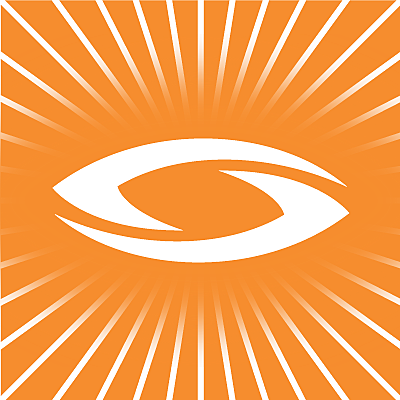For Outotec, a technology provider in the minerals and processing industry, providing excellent field service is reliant on a niche group of subject matter experts that travel to customer sites to provide personalized services and support. When global travel restrictions made it impossible for these experts to perform their jobs in person, Outotec accelerated their remote connectivity roadmap. We sat down with Christo Roux, Director of Field and Workshop Services at Outotec to learn more.
SightCall: COVID-19 has made a significant impact on most field service operations. Can you tell us more about your company and how you were specifically impacted?
Roux: Outotec is a technology provider for mineral processing and refining. To put it into simple terms, once dirt is mined, it needs to be processed in order to be turned into metal. This is where our technology comes into play. Our industry is very specialized which means experts in all of our technologies are few and far between. To help our customers maintain business operations, we must be able to connect those experts with our local field service experts and technicians. COVID-19 greatly impacted our ability to send them into the field.
SightCall: In your industry, there must be a lot of complexity around sending experts to the field even under normal circumstances. Was remote support on your roadmap prior to COVID-19?
Roux: We’ve always had technical support as part of any service offering. It's been done by phone or in-person when the situation is too complex. We know that when we have to send someone onsite there will be a delay. I have to emphasize that some of our customers are really remote in locations like the Andes Mountains and the Gobi Desert. They are not close to cities. We have extensive distances to travel and for many of our customers time is money. Whenever we can reduce that downtime, that of course makes them happy. Because of this, remote connectivity was already on our roadmap and we began evaluating remote support platforms in 2019. COVID-19 fast-tracked deployment because it limited our access to sites where we still had delivery obligations.
SightCall: How have you deployed remote support in your organization today?
Roux: Currently we’ve got two core use cases with remote support using SightCall. The first is an internal use case where we can share expert knowledge with our local field experts and technicians. This keeps us from having to fly people around the world. It is often used for fault finding, installation, and commissioning work - as well as large capex projects that we need to get up and running.
The second use case is direct support to customers. Some customers are very remote and with COVID-19 our ability to travel to them has been restricted. The customer is still onsite and trying to run his operation but then he runs into some technical issues or complications. With SightCall we’re able to provide them with direct technical support and their team can execute based on our instructions.
SightCall: Prior to COVID-19 your customers were used to having an expert onsite when a complicated challenge arose. How has their experience been when moving from in-person field service to remote field service?
Customers have found remote support to be very helpful. One thing we’ve found that’s made it easy for them to adopt SightCall is the ease with which they can connect to us. Even in remote locations, they’ve found it easy to receive the SMS notification and start the session which has been appealing. No complex software to be installed. For our most remote customers it can take up to a week to send someone onsite. Mine sits require medical clearance. With remote support we can see and help them right away. As I said before, time is money.
Click here to learn more about the digitalization of Outotec maintenance services.
(Editor’s note: At the time of this interview, Outotec was an independent Finnish technology company. Today Outotec is now Metso:Outotec – a frontrunner in sustainable technologies, end-to-end solutions and services for the minerals processing, aggregates, metal refining, and recycling industries globally)




